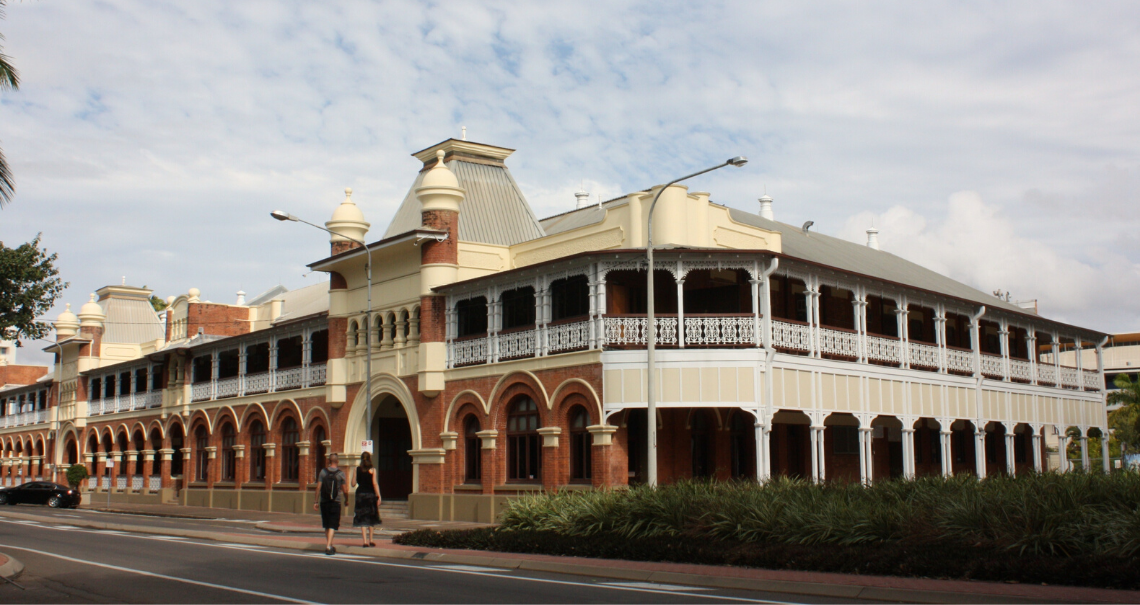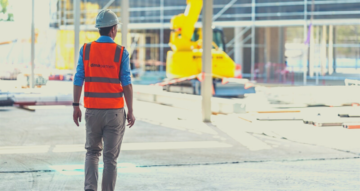Property redevelopment provides a pathway to profitability for asset rich cash poor community and sporting clubs.
From schooners to seafood marinara, from pints to pesto pasta, Australia’s sport, community and services clubs are in the midst of a major makeover and it’s come just in the nick of time.
The ‘old’ financial model of pots and pokies no longer underpins the successful operations of community clubs, whether they are based on sport or even important cultural sentiments such as returned military service.
Once the heart of community activity, Australia’s sport, community and services clubs have been struggling despite the best efforts of management and community leadership. But many have now found a new path forward…and it’s based on that old Australian favourite property development.
DMA Partners’ Managing Director Ryan Andersen said clubs and smaller pubs realised that the way to reengage with their communities and to build their businesses was quite literally under their own feet all the time.
“Business sustainability has been the key concern for these operators for quite some time and while many improved their fortunes with short, sharp improvements to their F&B offering and even their events schedule, they needed to do more,” Mr Andersen said.
“It’s a simple truth that the world has changed; patrons have changed. Today, they’re younger, more affluent and (in the nicest possible way) more demanding.
“Tired carpet and dated décor just doesn’t cut it, particularly when the competition is the bright lights of a new ‘restaurant and lifestyle precinct’ mere kilometres away at a major regional retail centre.”
Mr Andersen said, “The Sandgate RSL Club* is a good example of scenario. The club closed its doors for around 2 years before a new owner stepped in with a redevelopment plan that has now set the club up for a new future.
“Similarly, the Wests Rugby Club at Toowong chose a redevelopment strategy with DMA a few years ago and now the club is trading really well, growing in membership and has built an income stream around allied health tenancies.
“This has refreshed the club’s finances but it’s also revitalised the brand and community interest in the club.”
Mr Cummins said the reliance on pokies was no longer a financial success guarantee and clubs were looking to leverage their land assets.
“Many of these community clubs are sitting on fantastic real estate – in inner city suburbs or on main streets. You could say they are in the box seat to be redeveloped not only for profit, but also for community good.
“Leveraging the property does not mean sacrificing the club in any way. The heart of these clubs are the people and by repositioning the property the clubs are making better use of their physical assets and building their community links too.
“It’s not about property development, it’s about leveraging underlying value in your asset and working out how to make it work for the club to ensure longevity in a changing world.”
Mr Andersen said there were many potential advantages for clubs in a redevelopment context:
- The opportunity to engage a commercial partner and rebalance finances
- The chance to pay down debt levels which for many clubs have become unsustainable
- Establishing refreshed physical premises which attracted new income streams – new F&B operators and other tenants
- Chance to change their operating format to include more contemporary functions such as decks, alfresco dining, children’s zones and more




